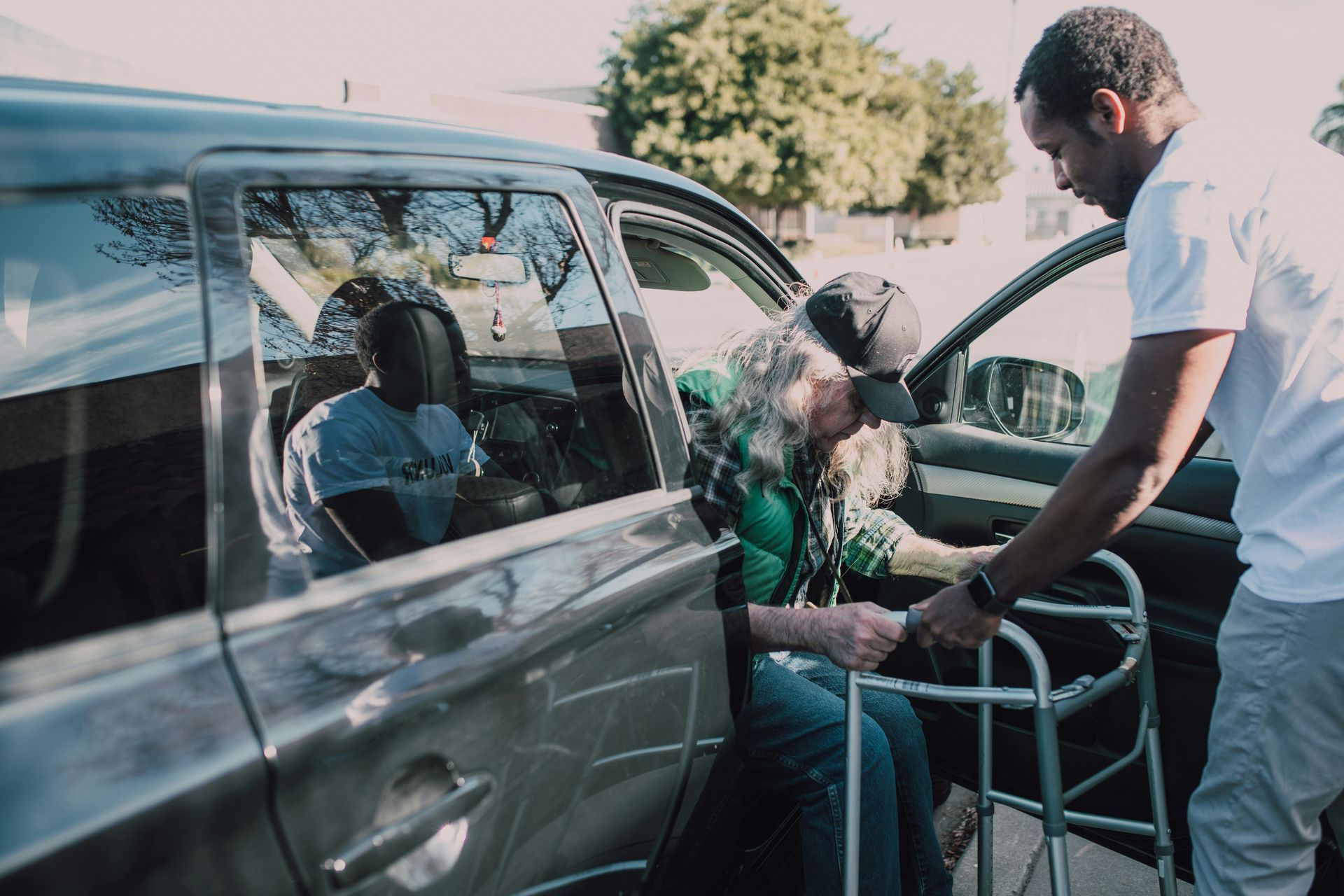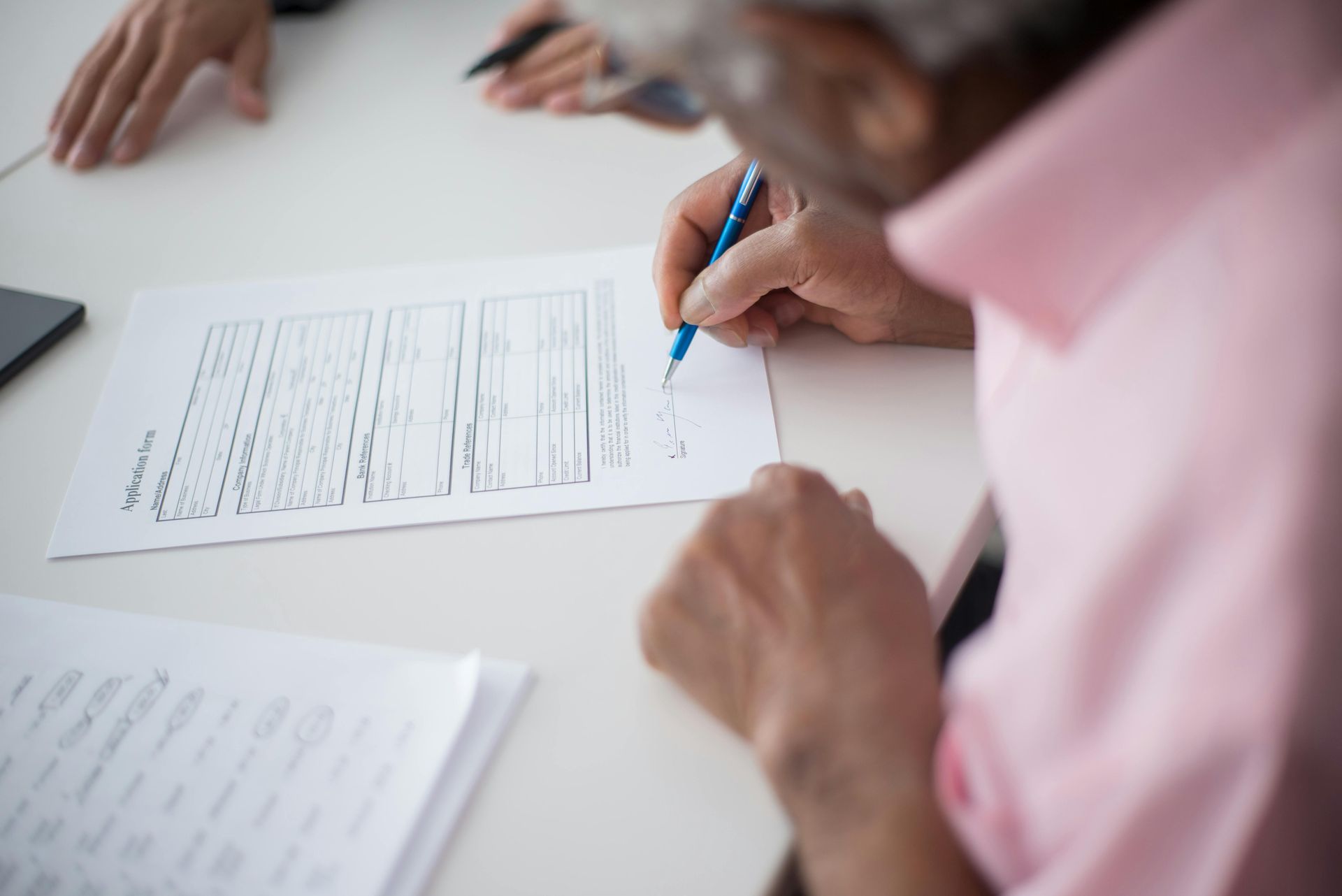Can I Get Disability Benefits for Treatment-Resistant Depression in 2025?
What is Treatment-Resistant Depression?

Treatment-resistant depression (TRD) is a serious mental health condition where individuals do not respond to at least two different antidepressant treatments. As awareness and diagnoses increase, more people are asking: Can I get disability for treatment-resistant depression in 2025?
The answer is yes—if your symptoms prevent you from working full-time and meet the criteria laid out by the Social Security Administration (SSA).
Why is This a Growing Disability Claim?
In the wake of the pandemic and economic stressors, mental health conditions—especially chronic ones like TRD—are now being viewed differently by SSA judges. But claims still require detailed documentation and a strategic approach.
How the SSA Evaluates Depression Claims
The SSA reviews claims under Listing 12.04 for Depressive, Bipolar, and Related Disorders. To qualify, you’ll need:
- Medical evidence from a licensed psychiatrist or psychologist.
- A record of medications tried and failed.
- Proof that depression impairs concentration, ability to work with others, or manage oneself.
- Evidence of repeated hospitalizations, therapy, or failed medication regimens.
For TRD specifically, showing that you’ve exhausted multiple treatment avenues is key.
Tips to Strengthen Your TRD Disability Claim
- Keep a daily symptom journal. This supports the “longitudinal” evidence SSA requires.
- Get a Residual Functional Capacity (RFC) assessment from your doctor that shows you cannot sustain full-time work.
- Avoid gaps in treatment. SSA may deny claims if you’re not consistently seeking help.
Final Thoughts
TRD is a real, disabling condition. With the right approach and documentation, you can qualify for SSDI or SSI. If you’ve been denied before or are unsure where to start, let our experienced team handle your case—with modern tools and compassionate help.










